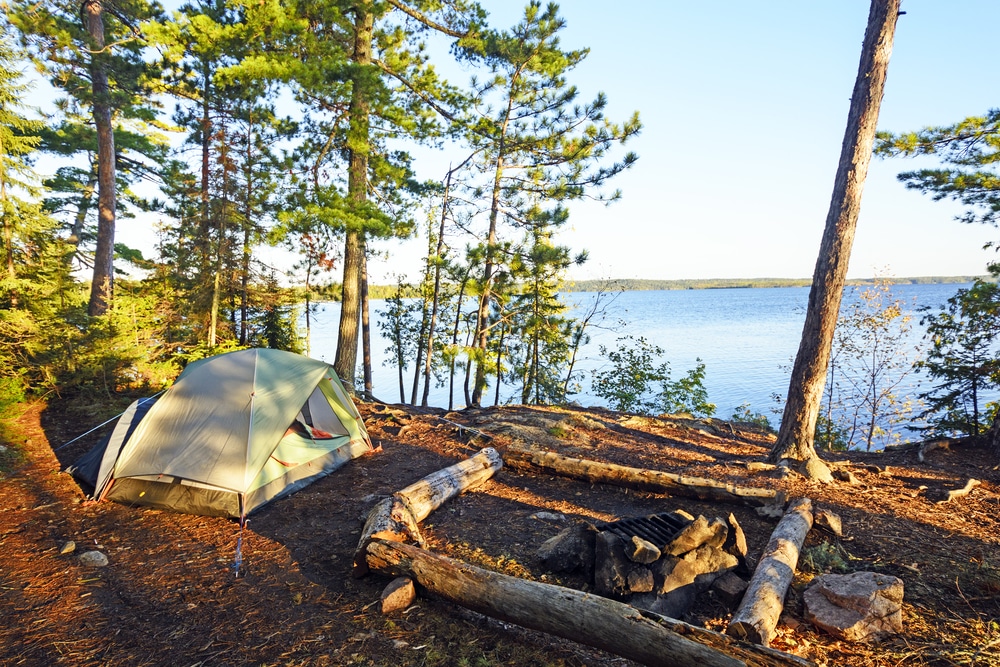The Bureau of Reclamation has awarded a contract worth $11.3 million to ORCOM, a division of Ortega Companies, to spearhead the first phase of infrastructure improvements at the Elephant Butte Historic District in New Mexico.
Funded by the Bipartisan Infrastructure Law (BIL), the project aims to revitalize essential utilities and recreational facilities at the Elephant Butte Reservoir, which attracts over a million visitors annually.
The project will address aging utilities, many of which date back to the early 20th century. Key upgrades include replacing outdated water and wastewater systems, replacing overhead electrical lines with underground installations, and introducing fiber optic technology to the district. Electric vehicle charging stations are also set to be installed. Utility construction is expected to begin in the winter of 2024, with the entire project anticipated to take around 13 months to complete.
In addition to utility upgrades, the project will include enhancements to the recreation areas, with significant changes planned for the RV park. These improvements include redesigning the layout for more efficient use of space, installing new RV hookups, and introducing DarkSky-approved lighting to minimize light pollution. These updates aim to offer a better experience for the RV park’s growing number of visitors.
Once the utility improvements are completed, the Federal Highway Administration will begin the second phase of the project. This will include repaving the Dam Site and fish hatchery (Paseo del Rio) recreation areas.
According to Hannah Schechter, reclamation project manager, the infrastructure overhaul marks a turning point for the Elephant Butte Historic District. “This massive undertaking is transformative for the area, and we haven’t seen a project of this scale here in decades,” Schechter said in a press release.
She emphasized the long-term benefits of these updates, highlighting how they will preserve the site for future generations while creating new recreational opportunities.
Additional projects, also funded by the Bipartisan Infrastructure Law, are currently in the design phase and will begin construction over the coming years. Among them is the repair of the Dam Site restaurant, which will address structural issues while upgrading the facility for a more pleasant visitor experience.


